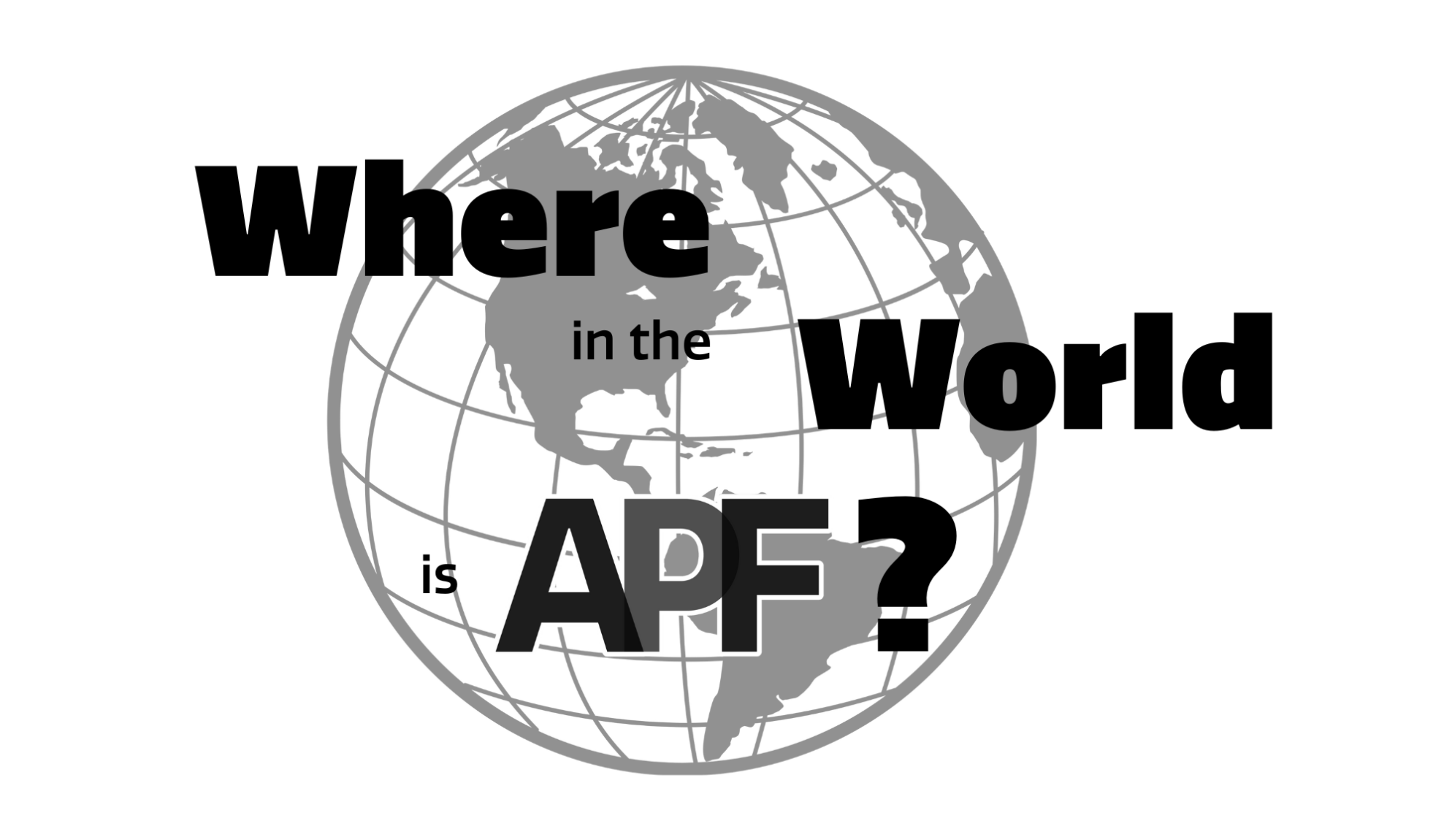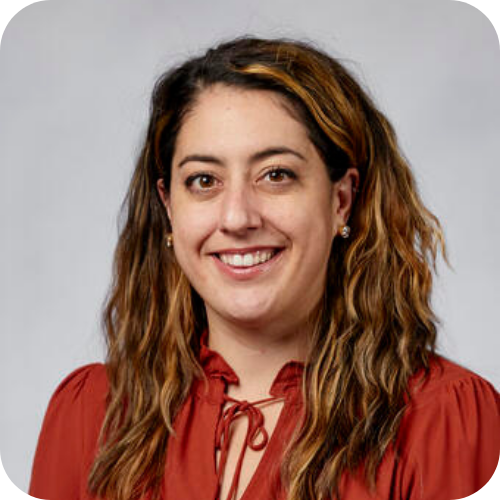Where in the World is APF with Dr. Nicole Short


Welcome to “Where in the World is APF”, our recipient highlight series where we catch up with our grant, scholarship, and award recipients all over the world!
Today, we’re speaking with Dr. Nicole Short, who received the 2020 Trauma Psychology Grant for the project, “Pilot Feasibility and Initial Effectiveness of a Mobile Web App to Mitigate PTSS after Sexual Assault.”
Can you give us an update on your career and research since being awarded the Trauma Psychology Grant in 2023?
In terms of research, we were able to complete a pilot evaluation of a brief anxiety sensitivity (i.e., fear of anxious arousal) smartphone-based intervention delivered to sexual assault survivors presenting for emergency care to mitigate symptoms of posttraumatic stress disorder (PTSD). In this initial study, we demonstrated feasibility and proof-of-concept of this intervention among 12 sexual assault survivors presenting to emergency care. We have also published this work, which can be found in the Journal of Traumatic Stress (Short et al., 2023). This initial acceptability work led us to completing a pilot randomized clinical trial of 60 women sexual assault survivors, results of which we are currently writing up to submit for publication.
As for my career, I am now an Assistant Professor of Psychology at the University of Nevada, Las Vegas. I am continuing my research on preventative interventions for posttraumatic stress and cannabis use disorder after sexual assault, and have been fortunate to receive a NIDA K23 award to continue this exciting work!
Short, N. A., Brady, M., Lechner, M., Serrano, K., & McLean, S. A. (2023). Acceptability of a smartphone‐based intervention targeting anxiety sensitivity among women receiving emergency care after sexual assault: A pilot uncontrolled trial. Journal of Traumatic Stress, 36(6), 1056-1065.
In what aspects has your APF-funded research impacted your career as a researcher and your contributions to the area of sexual assault awareness and prevention?
APF funding helped me to launch my pilot research on smartphone-based preventative interventions for posttraumatic stress after sexual assault, which led to me being able to apply for and receive a NIDA K23 to continue this work. Although my intervention work is in the early stages, I hope that one day I can contribute to us being able to provide brief, smartphone-based early interventions to prevent PTSD and cannabis use to all women sexual assault survivors presenting for emergency care.
Have you received subsequent funding, awards or other significant accomplishments since receiving your APF grant?
Yes! I am fortunate to be supported by a NIDA Career Development Award (K23), as well as an American Foundation for Suicide Prevention Early Career Researcher Award. I was also recognized by the Nevada System of Higher Education as a Jason Geddes Rising Researcher this year!
How has, or how will, your APF-funded research support survivors of sexual assault and their communities?
APF has helped me to conduct research on this often hard-to-reach and underserved community, which is sorely needed. About 100,000 women sexual assault survivors present to emergency care each year, and receive evaluations and preventative interventions for physical health problems, but not mental health issues. This is despite our knowledge that the mental health impacts of sexual assault are much more common and (often) more debilitating than the physical health impacts. I am very proud to be part of the group of individuals researching early preventative mental health interventions after sexual assault, and I hope that we are paving the way for a day when treatments for mental health recovery after sexual assault are much more valued, supported, and accessible than they currently are.
How can the field of psychology effectively support survivors of sexual assault and contribute to long-term healing and systemic change?
There are so many avenues to helping with this systemic problem. Although I have chosen to work on early interventions after sexual assault, another extremely important line of work is preventing sexual assault in the first place. Further, there are millions of individuals suffering from PTSD related to sexual assaults that happened years or decades ago, who could benefit from evidence-based PTSD treatment that is extremely difficult to access. All of these problems (and more) could be addressed by us in the psychological community.
How have you used the outcomes, or how do you plan to use the outcomes from your APF-funded research to inform future projects or initiatives?
I’ve discussed the direct follow-ups to my APF funding, which include pilot feasibility (and, hopefully, full-scale) RCTs. I will also note that my experience working with adult sexual assault survivors has inspired me to also expand and work with adolescent sexual assault survivors, who are also in dire need of early preventative interventions for PTSD and substance use.
Do you have any advice for future APF applicants and other aspiring researchers doing similar work in the field?
I encourage future APF applicants to identify mentors and collaborators who can help them to take their research to the next level in terms of quality of work. I also would say that, especially as an early career researcher, you must have confidence and faith in yourself to apply for these types of awards. Finally, working with trauma survivors can be a difficult area, but it is extremely rewarding and the people who work in this area are amazing, quality individuals. Good luck!
Want to contribute to projects like this and create impact with psychology? Donate to APF today!
Topics: Direct Action Mental Health Where In The World Is APF
Discover More

Putting Psychology to Work: Direct Action Starts at Home
From the Desk of Dr. Quist Ryder is a space for APF’s CEO to share insights and observations on APF initiatives, the state of psychology, …

2025 National Register Internship Scholarships: Western US
We are thrilled to have our 2024 recipients relocating across the continent, and look forward to witnessing the widespread impact of their work through APF’s support! Explore below to learn more about our remarkable scholarship recipients who are relocating to Southeastern and Mid-Atlantic United States for their internships.

2025 National Register Internship Scholarships: Southeastern & Midwestern US
We are thrilled to have our 2024 recipients relocating across the continent, and look forward to witnessing the widespread impact of their work through APF’s support! Explore below to learn more about our remarkable scholarship recipients who are relocating to Midwestern and Western United States for their internships.